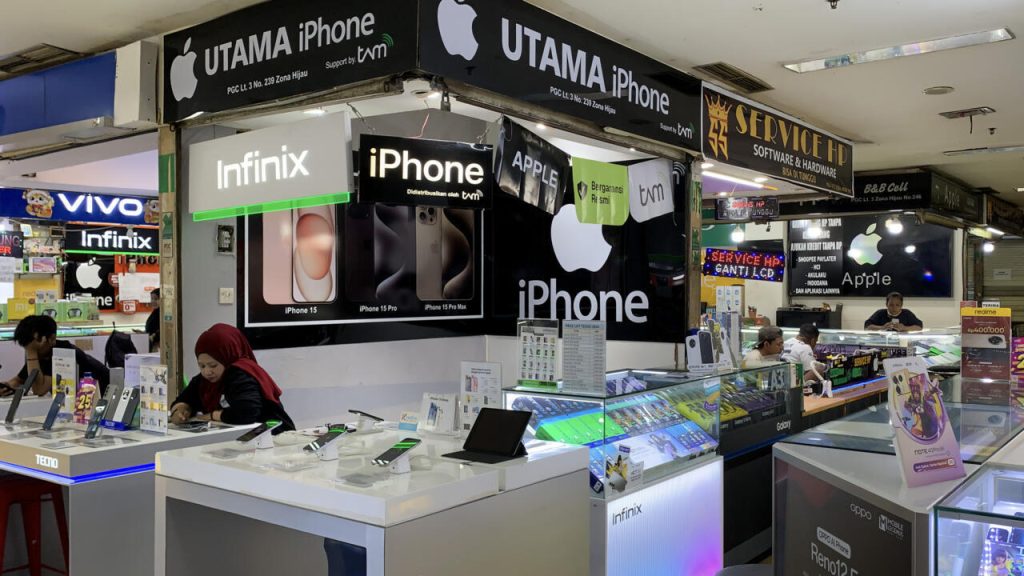Indonesia has upheld its ban on iPhone 16 sales, despite Apple’s offer to invest $1 billion in the country following a deadlock over local investment requirements. The government blocked iPhone 16 sales in October after Apple failed to meet regulations stipulating that 40 percent of phone components must be locally sourced.
While Apple has pledged to build an AirTag factory on Batam Island to supply 65 percent of the global AirTag demand, Indonesia’s Industry Minister Agus Gumiwang Kartasasmita clarified that this investment does not address the core issue. The AirTag is an accessory, not a phone component, and does not meet the domestic market regulations necessary for the iPhone 16’s approval.

Despite Apple’s proposal to increase its investment by $100 million to resolve the ban, Indonesia rejected the offer in November. The government has provided Apple with a counterproposal, urging the company to respond swiftly to lift the sales ban. While iPhone 16s can be imported into the country for personal use, they cannot be sold commercially. Estimates show around 9,000 units have entered Indonesia through non-commercial channels.
Indonesia has also imposed similar sales bans on Google Pixel phones for not meeting local production requirements.


